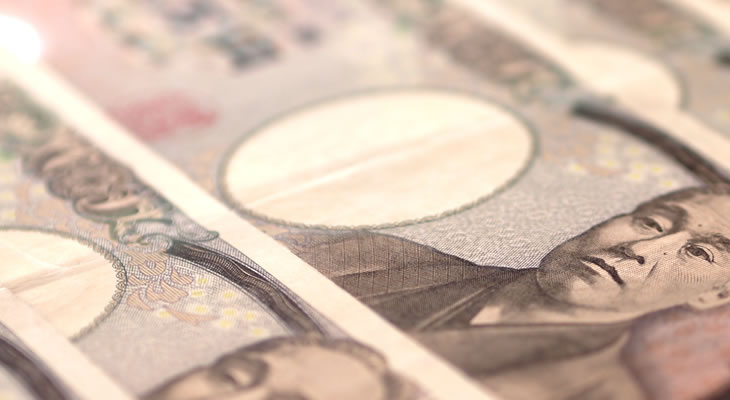Weaker Japanese Earnings Boosted GBP JPY Exchange Rate
While Japan’s latest raft of PMIs showed a moderate strengthening in domestic economic activity this was not enough to boost the Japanese Yen (JPY). Confidence in the safe-haven currency was generally limited by a mood of risk appetite, with commodity prices rallying strongly thanks to hopes of increased US infrastructure investment in the coming year. Investors were also disappointed to see a contraction in real cash earnings for November, which highlighted that the Japanese economy remains in a far from robust state.
Demand for the Pound (GBP) was generally limited, meanwhile, thanks to dovish commentary from Bank of England (BoE) chief economist Andy Haldane. His suggestion that consumers are likely to face a more challenging year in 2017 encouraged investors to sell out of Sterling, given that much of the economy’s recent resilience has been thanks to increased consumer spending. With inflation on track to see a significant increase, the pressure on wages is expected to rise – to the detriment of consumer confidence.
Even so, the Pound Japanese Yen (GBP JPY) exchange rate trended higher ahead of the weekend, benefitting from the bullishness of the US Dollar (USD).
GBP JPY Exchange Rate Forecast: BOJ Dovishness to Remain Yen Deterrent
Speculation regarding the policy outlook of the Bank of Japan (BOJ) is likely to maintain the downside bias of the Yen in coming weeks. With the domestic economy showing only limited signs of improvement, policymakers are likely to maintain a dovish outlook with regards to monetary policy. As researchers at Nomura noted:
‘The policy of buying JGBs, a hallmark of the negative interest rate policy, which is a powerful way of lowering the yield curve, continues to raise concerns about potential side effects. The question we have is whether the BOJ’s aggressive lowering of the yield curve has stimulated the economy. We conclude that the policy of lowering market interest rates by buying long-term and ultra-long-term JGBs is not necessarily having a positive effect on the real economy.’
This is unlikely to encourage greater demand for the Yen, particularly if risk appetite remains heightened.
The Pound could find more substantial support on the back of the Halifax house price data, assuming that the domestic housing market continues to demonstrate strength. A healthy increase in prices would increase confidence in the outlook of the wider economy, even if the issue of Brexit is likely to remain a drag on Sterling.
Current Interbank Exchange Rates
At the time of writing, the Pound Japanese Yen (GBP JPY) exchange rate was trending higher around 143.600, while the Japanese Yen Pound (JPY GBP) pairing was trending narrowly in the region of 0.007.


Comments are closed.